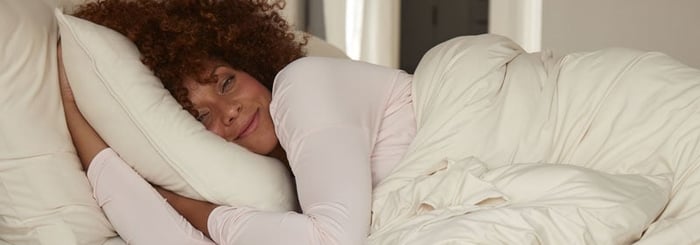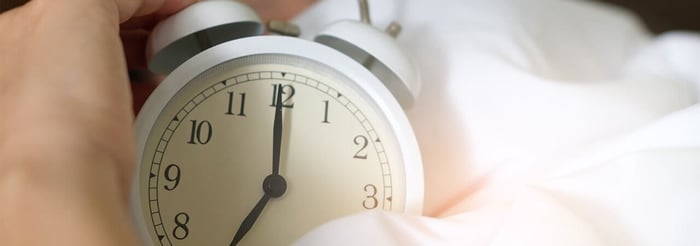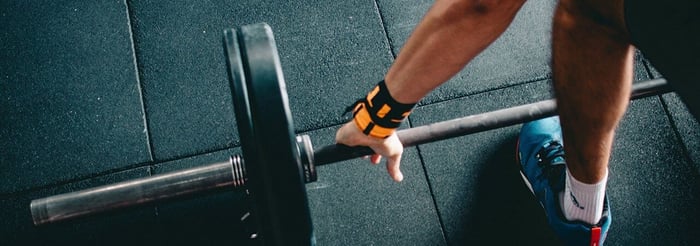When it comes to determining the best amount of time for a nap, there are two ideal lengths that are recommended: 20 minutes or 90 minutes. By sticking to those time ranges, and avoiding waking up during deep sleep and the groggy side effects that come with it, you should feel energized and refreshed after your nap.
The 20-Minute Power Nap
If you’re tight on time but feeling exhausted, the 20-minute power nap can be ideal for a boost in energy and alertness according to the National Sleep Foundation. By limiting the length of your nap to roughly 20 minutes, you’ll stay within the non-rapid eye movement (NREM) sleep stage, preventing grogginess and lethargy after waking up. By allotting yourself a total of 20-30 minutes with 5-10 minutes to fall asleep at first, the 20-minute power nap can help you feel more focused and attentive, allowing you to get back to your daily grind with extra energy. However, be careful of stretching your nap beyond 20 minutes, as a hangover-like dazed feeling can occur if your body awakens from deep sleep stages.
The 90-Minute Full Sleep Cycle
Because a full cycle of sleep typically lasts roughly 90 minutes, an hour-and-a-half nap can lead to many immediate benefits. Between increased cognitive function and creativity, a boost in energy and improved memory, a 90-minute nap in Original Performance Sheets can be a fantastic pick-me-up if you’re short on sleep from the night before. With a busy schedule during the day, it may be tough to fit in a 90-minute nap, though this length of nap has many restorative effects without the groggy withdrawals upon waking up. Because a nap of this length allows you to complete a full cycle of sleep, it is relatively easy to wake up and does not typically cause dopey side effects.
Nap Time Ranges To Avoid
While naps can be spontaneous in length and are often limited because of your daytime schedule, it would be wiser to have a brief, 20-minute nap than it would be to extend your slumber and wake up in the middle of a deep sleep. By sleeping beyond 30 minutes and less than 90, you may very well feel worse after your nap than you did before. While a 30-45 minute nap would offer some of the same restorative benefits as a 20-minute nap, the hangover-like state caused by waking up from a deep sleep stage can overshadow those benefits. Groggy post-nap periods can last up to 30 minutes after waking up if you happen to interrupt your body and mind during a deep sleep stage. Additionally, if you’re napping beyond 90 minutes regularly, this most likely stems from a problem with your nighttime sleep schedule. If you’re truly feeling exhausted during the day, limiting your naps to 90 minutes will not only help to prevent post-nap grogginess, but it will also help save daylight and keep your nighttime sleep cycle in check.
With a limited time during the day to fall asleep for a brief nap, it’s also important to ensure you are in a comfortable environment to fall asleep quickly. With sheets like SHEEX® Original Performance Bedding that are designed to speed up sleep onset through cooling qualities and breathability, you’ll be sure to make the most out of the limited time you have for a power nap. So the next time you feel the need for a nap coming on, just remember that the best amount of time for a nap depends on how tired you are and how much time you have to spare. By allotting either 20 minutes for a quick power nap or 90 minutes to rest through a full sleep cycle, you’re sure to feel more energized and sharper throughout the rest of the day.







